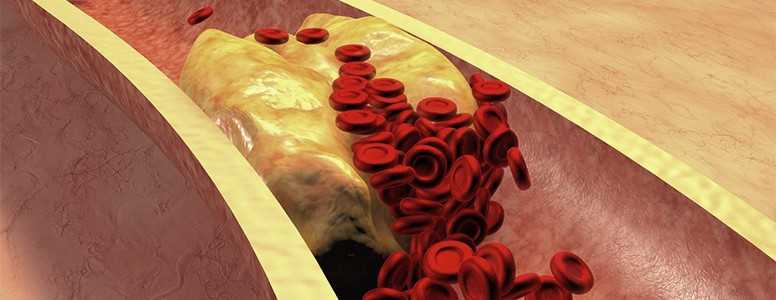People with type 2 diabetes are more likely to have “stiff” arteries affecting how hard the heart has to work to pump blood through the body, a study has concluded.
The shape of the body in people with the condition is associated with arterial stiffness, according to research published by BMJ Open Research and Care.
Researchers measured visceral fat, body fat that is stored within the abdominal cavity, and along with subcutaneous fat, which is found just beneath the skin. They also examined brachial-ankle pulse wave velocity (baPWV) to assess arterial stiffness, along with height, weight and waist circumference to calculate a body shape index (ABSI).
The study found a “significant and positive association” between ABSI and increased risk for baPWV that persisted after adjusting for age, sex, duration of diabetes, diabetic complications, visceral fat area and body mass index (BMI).
It was led by Dr. Ryotaro Bouchi, of the Graduate School of Medical and Dental Sciences at Tokyo Medical and Dental University, and looked at data from 607 Japanese adults with type 2 diabetes admitted to the hospital for evaluation of diabetic complications.
The researchers concluded: “These findings suggest that among indirect measures of abdominal adiposity, ABSI has a superiority due to its being independent of BMI, compared with other measures such as [waist circumference].
“Surprisingly, the statistical significance of ABSI with baPWV was not attenuated even after adjusting for [visceral fat area], suggesting that the association between ABSI and arterial stiffness might be, at least in part, independent of visceral adiposity.”
They said high ABSI was strongly associated with aging, long diabetes duration and low insulin secretio, which researchers attributed to the association between ABSI and arterial stiffness.
What's new on the forum? ⭐️
Get our free newsletters
Stay up to date with the latest news, research and breakthroughs.





